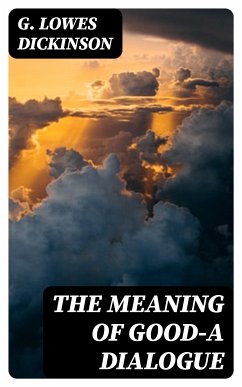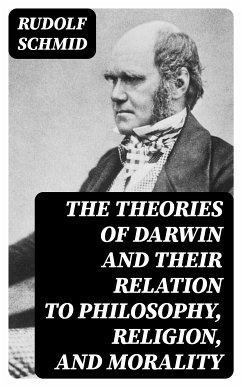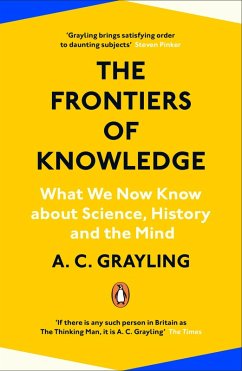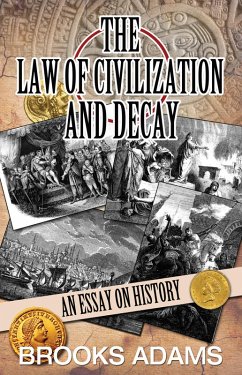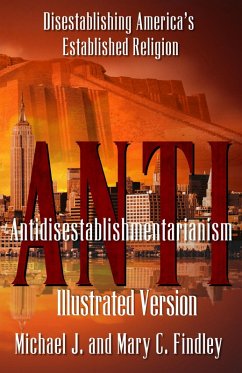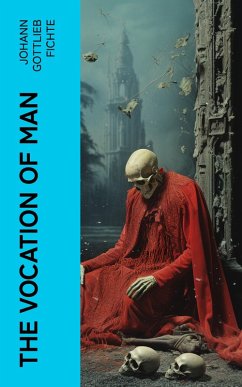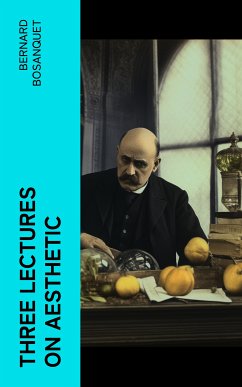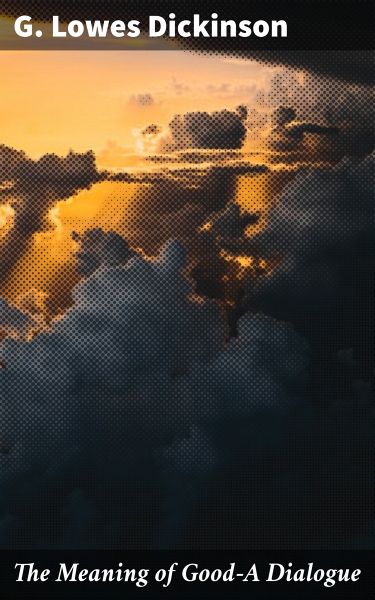
The Meaning of Good-A Dialogue (eBook, ePUB)
Exploring the Depths of Ethics and Morality through Dialogue
Versandkostenfrei!
Sofort per Download lieferbar
0,49 €
inkl. MwSt.
Weitere Ausgaben:

PAYBACK Punkte
0 °P sammeln!
In "The Meaning of Good'ÄîA Dialogue," G. Lowes Dickinson engages readers in a thought-provoking exploration of ethics and morality through a conversational format reminiscent of classical philosophical dialogues. The text, written in a clear yet nuanced literary style, dissects the concept of 'good' by integrating elements of personal reflection, societal critique, and metaphysical inquiry. Dickinson's work is situated within the broader context of early 20th-century philosophical thought, where debates around ethics were increasingly influenced by emerging psychological and sociological pe...
In "The Meaning of Good'ÄîA Dialogue," G. Lowes Dickinson engages readers in a thought-provoking exploration of ethics and morality through a conversational format reminiscent of classical philosophical dialogues. The text, written in a clear yet nuanced literary style, dissects the concept of 'good' by integrating elements of personal reflection, societal critique, and metaphysical inquiry. Dickinson's work is situated within the broader context of early 20th-century philosophical thought, where debates around ethics were increasingly influenced by emerging psychological and sociological perspectives, challenging traditional notions of morality. G. Lowes Dickinson, an accomplished English philosopher and political thinker, was deeply influenced by his contemplations on the human condition and the societal structures of his time. His academic background, including extensive studies at Cambridge, equipped him with the analytical tools necessary to delve into the intricate relationship between ethics and human experience. Dickinson's commitment to understanding the moral dilemmas of contemporary society led him to craft a dialogue that is both introspective and socially engaged, reflecting his belief in the importance of philosophical discourse. Readers seeking a deeper understanding of moral philosophy and its implications for individual and societal conduct will find "The Meaning of Good'ÄîA Dialogue" to be an indispensable resource. Dickinson'Äôs insightful dialogue not only stimulates critical thinking but also invites readers to reflect on their own definitions of goodness in an increasingly complex world.
Dieser Download kann aus rechtlichen Gründen nur mit Rechnungsadresse in A, B, BG, CY, CZ, D, DK, EW, E, FIN, F, GR, H, IRL, I, LT, L, LR, M, NL, PL, P, R, S, SLO, SK ausgeliefert werden.




